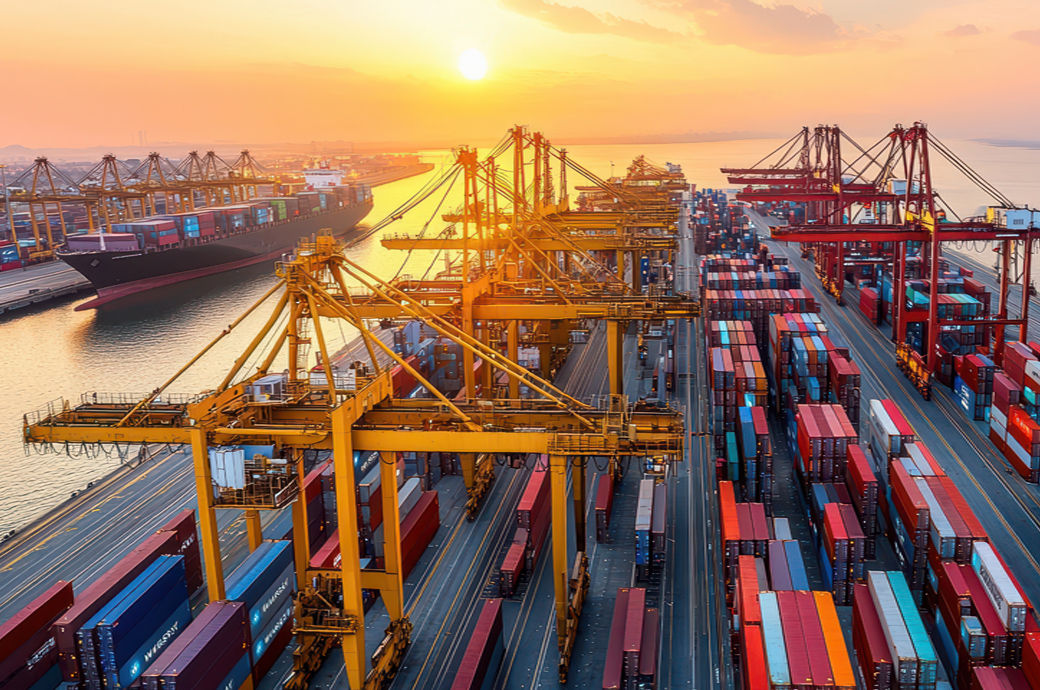
The Corridor, anchored in core rail investments, is a transformative economic corridor that connects the region and accelerates trade and the growth of key sectors supporting the economic diversification and development priorities of African leaders.
President Joe Biden recently announced over $560 million in new funding for infrastructure projects along the Lobito Trans-Africa Corridor, bringing the total US investments there to more than $4 billion.
These investments will be mobilised towards new and continuing projects that support the economic potential and development impacts of the Corridor across multiple interconnected sectors.
With these announcements and together with G7 partners and regional development banks, international investment in the Lobito Corridor has exceeded $6 billion.
These investments will be mobilised towards new and continuing projects that support the economic potential and development impacts of the Corridor across multiple interconnected sectors, including transportation and logistics, agriculture, clean energy and associated supply chains, health, and digital access.
The United States and Angola recently co-hosted a Partnership for Global Infrastructure and Investment (PGI) Lobito Trans-Africa Corridor Summit, bringing together leaders from the Democratic Republic of the Congo (DRC), Tanzania and Zambia, as well as the Africa Finance Corporation (AFC).
The leaders affirmed their commitment to continue developing the Corridor and invest in infrastructure to connect the Atlantic and Indian Oceans, a White House factsheet said.
They also pledged to accelerate the next phase of the Corridor with the new Zambia-Lobito rail project.
Following the due diligence announced by Biden in May 2023, the US International Development Finance Corporation (DFC) recently announced committing a $553-million direct loan to the Lobito Atlantic Railway to upgrade and operate a 1,300-kilometer rail line from the Lobito port to the Angolan town of Luau on the DRC border.
The Lobito Atlantic Railway’s operational improvements have already scaled up the number of freight shipments from once per month to two times per week, the factsheet said.
The US Agency for International Development (USAID) and the Angolan ministry of transportation signed a memorandum of understanding (MoU) to support new personnel and information technology equipment to help the ministry leverage private investment in Angola’s infrastructure and development. This followed the approximately $1-million grant announced earlier in 2024 by the USAID to assist the ministry.
Fibre2Fashion News Desk (DS)



1734894422-0/Copy-of-Untitled-(72)1734894422-0.png)


